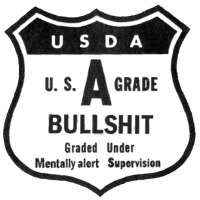
Addendum to previous post on Harry Frankfurt’s On Bullshit:
John Mayer’s song “Daughters” is a perfect example of bullshit, as Frankfurt defines it. Here is the chorus, which I sometimes hear in the vicinity of the frozen food section:
Fathers, be good to your daughters
Daughters will love like you do
Girls become lovers who turn into mothers
So mothers, … Read More
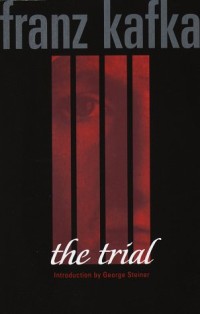
On September 22, 1912, Franz Kafka stayed up all night writing a highly autobiographical, somewhat fantastical, short story called “The Judgment.” Twelve years later he was dead. He had published little, but what he’d written in that decade—including “In the Penal Colony,” “The Metamorphosis,” and The Trial—was a thunderbolt staked in the heart of literature … Read More
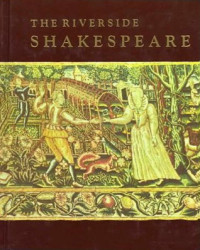
If stranded on a desert isle, is there really any question which one book you should have with you? All I can say is that if it were me, I would want that book to be Survival Guide for the Mariner. However, Shakespeare’s complete works, collected all into one volume is about as magnificent as … Read More
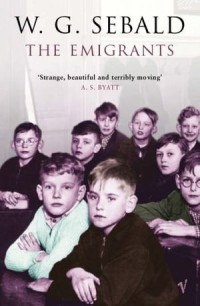
The style of narration in The Emigrants is akin to a pathologist murmuring into his dictaphone at the end of a long day of autopsies. It confronts ugliness, despair, and destruction with a mask of neutral reserve and tireless scientific dedication to detail. It’s unique and beautiful, breathes real life, and artfully expresses a melancholy … Read More
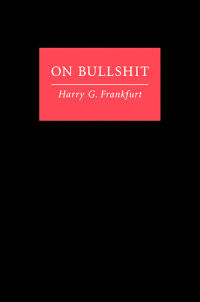
“Why is there so much bullshit?” asks Princeton philosophy professor Harry G. Frankfurt. He doesn’t ask plaintively, but rather in the formal manner of a rigorous philosophical inquiry. He defines bullshit, more or less, not as lying, but as talking about something without knowing about it and without caring whether you know. You could be … Read More
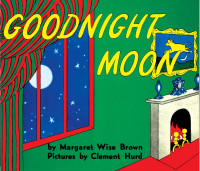
There is still no children’s book to my mind that conveys so great a sense of peace, security, and well-being as does Goodnight Moon. Clement Hurd’s illustrations are just as compelling as the words. The translation of the people into bunnies, while hardly the first personification in the history of books, does a great deal … Read More
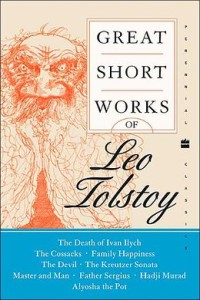
The great short works of Tolstoy are in fact great, but they are not, unsurprisingly, short. My edition of almost 700 pages approximates a cube (it will stand up by itself on any of its six faces), and it’s colored a dyspeptic puce as if to warn you in advance of the excess of it, … Read More
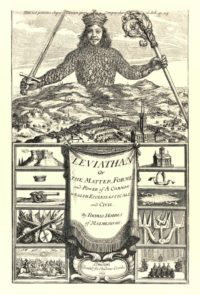
Hobbes reminds me, in a good way, of the ape who learned to act like a human being in Kafka’s hilarious short story, “A Report to an Academy.” The Kafka story begins:
Honored members of the Academy! You have done me the honor of inviting me to give your Academy an account of the life I … Read More
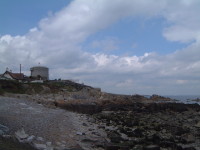
In September 1904, James Joyce lived in an old demilitarized tower on the coast south of Dublin. After his roommate nearly shot him in the middle of the night, he left the tower and Ireland forever. Joyce later set the memorable first chapter of Ulysses in the tower. It remains my favorite chapter of Ulysses … Read More
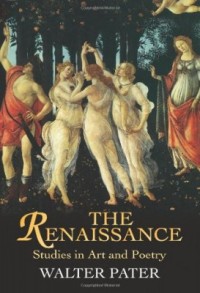
Good, empathic, sensitive, wise and true Walter Pater, secular prophet to a generation of modernists.
Pater’s aesthetics favor the neo-classicism and “Greek sensuousness” of the Renaissance, which he says “does not fever the conscience” in the way that medieval “Christian asceticism” does. He abjured the latter philosophy as one which discredits “the slightest touch of sense.” … Read More
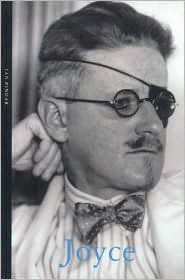
The psychoanalyst Eugene Mahon in 2006 published a wonderful paper in The Psychoanalytic Study of the Child entitled “The Invention of Purgatory: A Note on the Historical Pedigree of the Superego.” He writes of Purgatory as a kind of “third way” in the history of imaginings of the afterlife:
“If Heaven and Hell sound absolute in … Read More
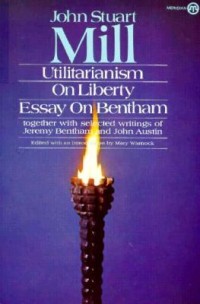
John Stuart Mill is the rock star of moral philosophy. And I don’t say that because he trashed his hotel rooms. He didn’t trash them, or even stay in them, to my knowledge.
But he’s got the sort of brilliance that sings, that fears no tradition and no opprobrium. Jeremy Bentham’s idea of utilitarianism (a good … Read More
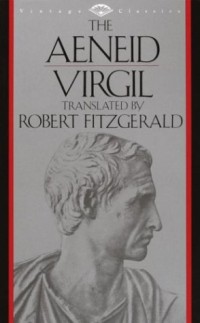
How is this for a blurb: I liked this book so much, I named my first-born child after its author.
Virgil is a legend. Just as the Romans ‘Hellenized’ the world and spread Greek culture to all of us barbarians in the hinterlands, Virgil helped to canonize Homer with his Homeric epic in Latin, The Aeneid. … Read More
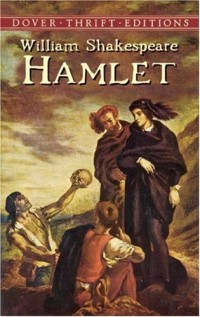
“Hamlet is the finest of all the plays in the English revenge tradition,” says Roma Gill, editor of the Oxford School Shakespeare edition of Hamlet. Some would call that an understatement, since Hamlet is frequently invoked as the greatest play in any tradition. (Flaubert said, “The three finest things God ever made are the sea, … Read More
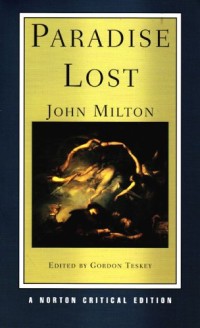
Harold Bloom on Paradise Lost:
“What makes Paradise Lost unique is its startling blend of Shakespearean tragedy, Virgilian epic, and Biblical prophecy. The terrible pathos of Macbeth joins itself to the Aeneid‘s sense of nightmare and to the Hebrew Bible’s assertion of authority. That combination should have sunk any literary work nine fathoms deep, but John … Read More